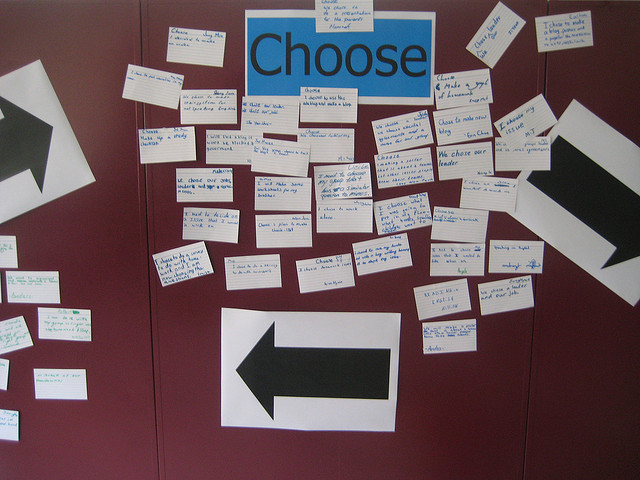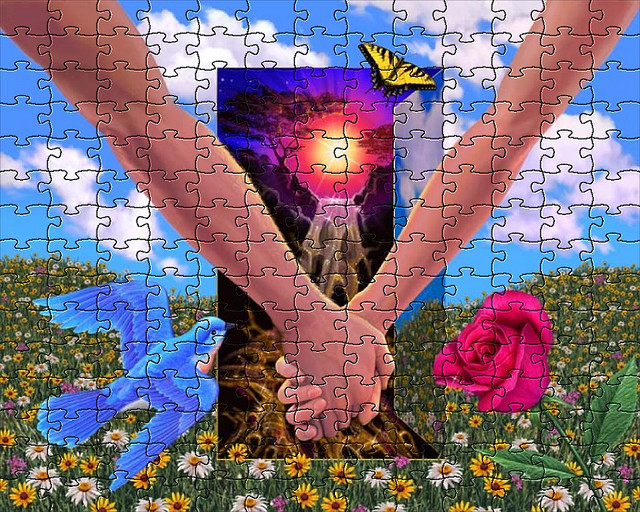Terry Gorski pioneered the study of relapse prevention by his observation of people in recovery for substance use. He was the first to describe relapse as a process rather than an event. He helpfully defined relapse as “becoming dysfunctional in recovery”. He described nine stages of relapse. Now, in a paper published in the Yale Journal of Bioloby and Medicine Steven Melemis updates Gorski’s model by consolidating Gorski’s nine stages of relapse into three stages.
Blog

Elizabeth Gilbert on Recovery
“Seduction is the art of coercing somebody to desire you, of orchestrating somebody else’s longings to suit your own hungry agenda. Seduction was never a casual sport for me; it was more like a heist, adrenalizing and urgent. I would plan the heist for months, scouting out the target, looking for unguarded entries. Then I would break into his deepest vault, steal all his emotional currency and spend it on myself.”

Understanding Recovery as Life-Task
As we grow and mature, according to Erickson, we are confronted with a set of challenges that cluster around a specific theme. We engage life-tasks that enable us to continue to grow and flourish as individuals in relationship with others. One way to conceive of recovery from sexual addiction involves doing the work of psychosocial development that has been undermined by the addiction.
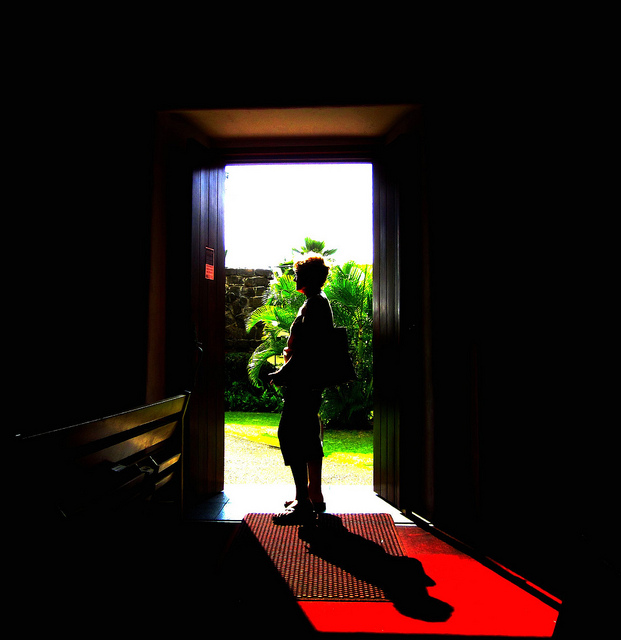
One Thing to Do to Improve Your Relationship
Relationships are hard. It is little wonder that so many Millennial’s are skipping the relationship step and diving headlong into the hookup culture. One of the skills we are intended to learn as children is how to be in relationship. But if you spend your childhood playing video games, or surfing social media looking for distraction, relational competency becomes elusive.

Good, Better, Best Check-In
A colleague of ours in the life star network shared a tool with us that can enhance the development of couple-intimacy. Developing a relationship of healthy intimacy takes practice. Most things require the development of certain skills. A person locked in an addictive process fails to develop the skills of intimacy that contribute to greater overall health. Our colleague described what he calls “The Good, Better, Best Check-in”.
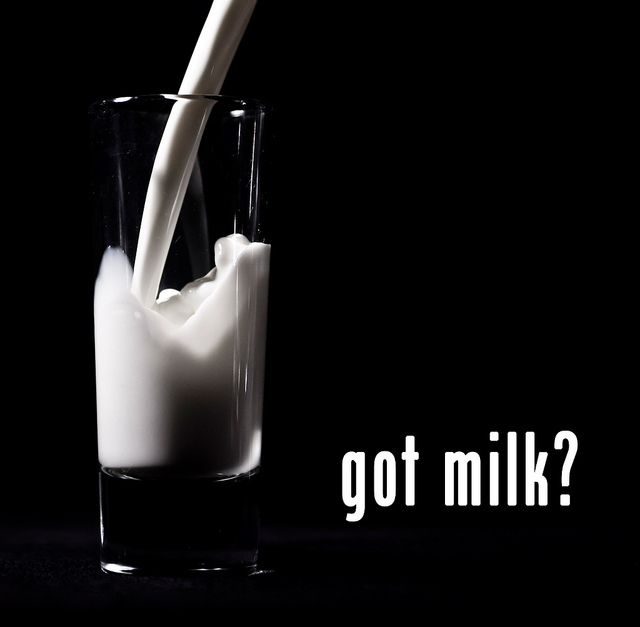
A Distorted Perspective
Advertising is a form of pornographic expression. When an advertisement portrays drinking milk as a means to fulfillment and happiness, it is exploitative. The difference between the milk advertisement and pornography is that human sexuality reaches deeply into the dopamine system of the brain and rewires the pleasure center so that one’s orientation to sex becomes disordered in a way that it does not become disordered when you drink milk.
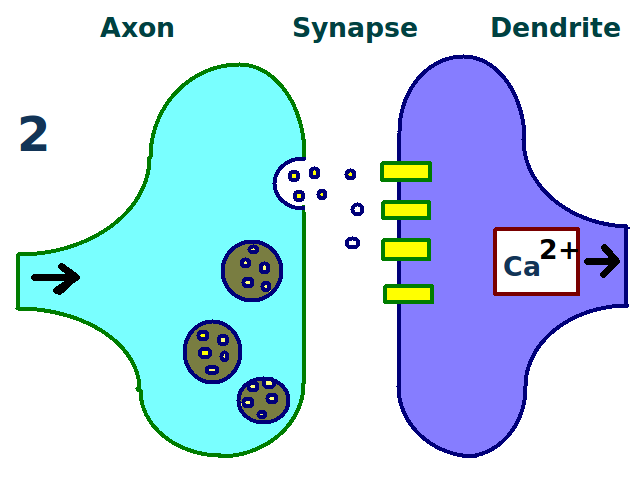
Controversy: Porn Addiction
A recent study published in Biological Psychology calls into the question the accuracy of describing the problematic use of pornography an addiction. The researchers got the data right but the meaning wrong. Rather than undermine the addiction model, their research all but proves it.

